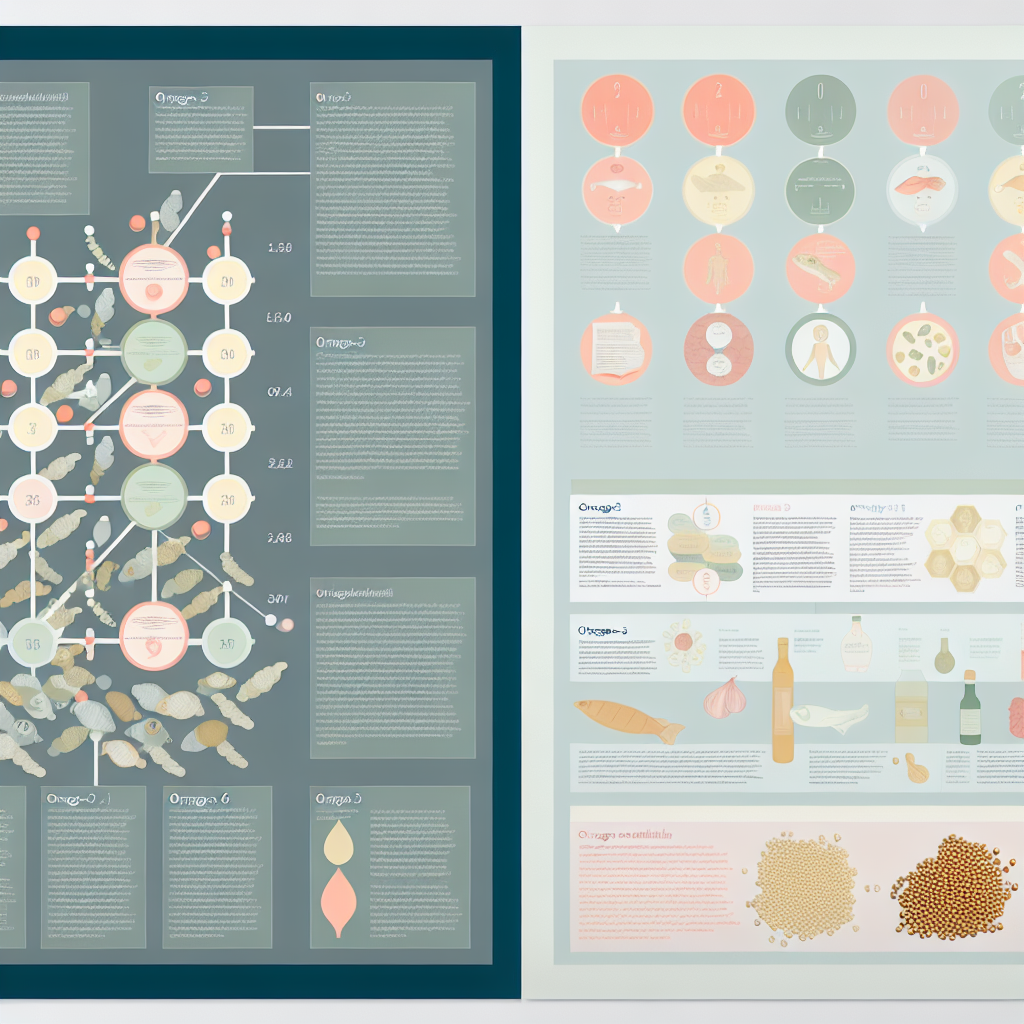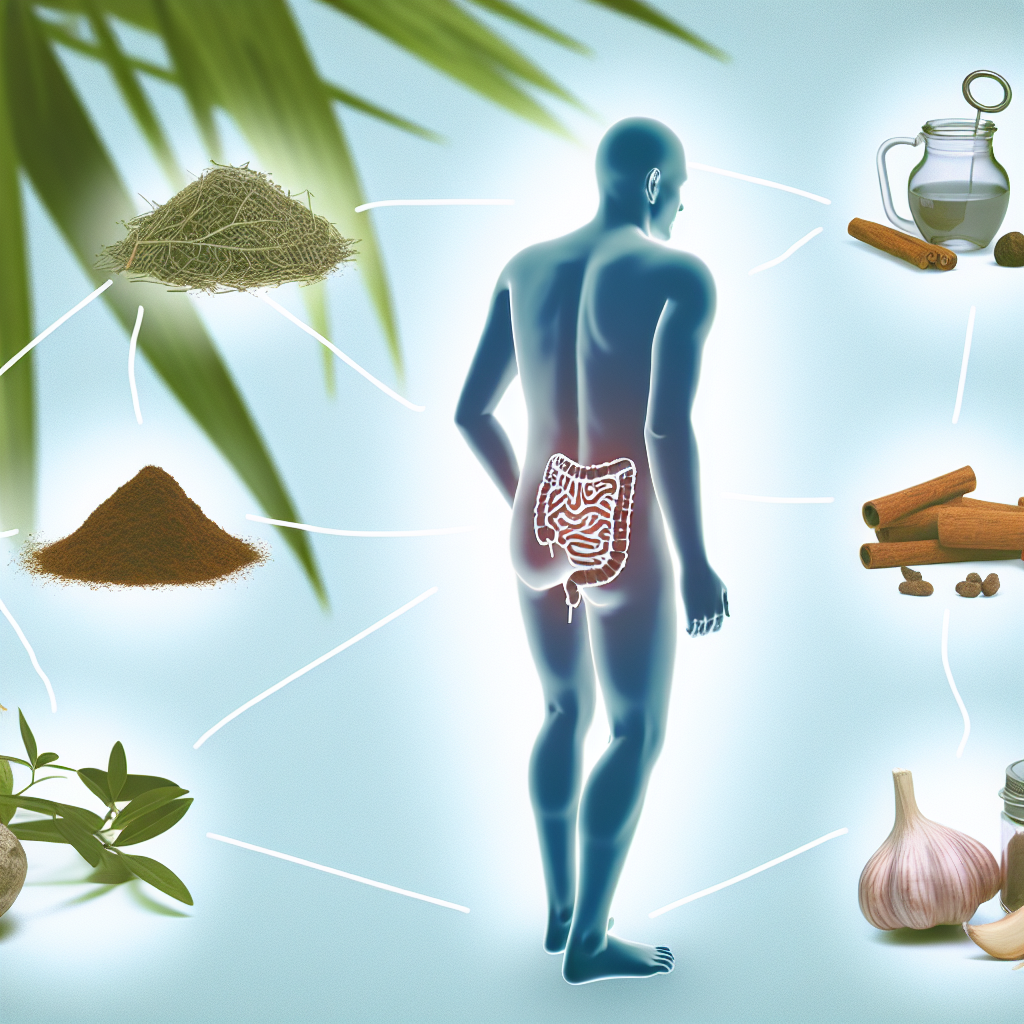# Senior Digestive Wellness: Countering Age-Related Changes in Gut Function
Senior Digestive Wellness: Countering Age-Related Changes in Gut Function
As we grow older, our bodies go through various physiological changes—and the gastrointestinal (GI) tract is no exception. Digestive wellness is foundational to overall health, but for seniors, age-related changes in gut function can disrupt everything from nutrient absorption to immunity and cognitive performance. In fact, research shows that digestive health is closely tied to longevity and quality of life in aging populations.
Aging brings a natural decline in digestive efficiency. Reduced stomach acid, slower gastrointestinal motility, and changes in gut microbiota composition can lead to common issues such as constipation, bloating, indigestion, and nutrient deficiencies. Furthermore, long-term medication use and reduced physical activity can exacerbate these gastrointestinal disturbances, affecting seniors’ comfort and overall well-being.
However, nature offers powerful ways to support gut health through dietary habits, lifestyle adjustments, and herbal treatments backed by both traditional wisdom and emerging science. Many seniors are now turning to natural and holistic methods to promote healthy digestion and foster microbial balance.
How Aging Affects Digestive Function: A Closer Look
Scientific studies have increasingly highlighted the profound impact of aging on the gut. One of the key age-related changes is the decline in GI motility—slower movement of food through the digestive tract—that can lead to constipation and bloating. A 2015 review published in Clinical Interventions in Aging confirmed that older adults experience significant reductions in colonic transit time and peristaltic activity, contributing to chronic constipation.
[Read the study](https://www.ncbi.nlm.nih.gov/pmc/articles/PMC4599788/)
Another significant shift is in gastric acid production. Aging often leads to hypochlorhydria, or reduced stomach acid, impairing the breakdown of food and nutrient absorption, particularly of vitamin B12, calcium, and magnesium. A 2012 study in Current Gastroenterology Reports explains this phenomenon is often accompanied by increased Helicobacter pylori infection and atrophic gastritis, both of which are more prevalent in the elderly and can contribute to the decline in digestive function.
[View source](https://pubmed.ncbi.nlm.nih.gov/22763625/)
Microbial diversity in the gut also tends to decline with age. The gut microbiome’s balance and robustness directly affect not just digestion but immune regulation and even cognition. Research from a 2016 study published in Cell Reports highlighted how aging is associated with the loss of microbial diversity, which may impair immune system function and increase inflammation in the gut, referred to as “inflammaging.”
[Read more](https://www.cell.com/cell-reports/fulltext/S2211-1247(16)30305-X)
Herbal Allies: Nature’s Remedies for Digestive Comfort
Fortunately, natural interventions show promise in alleviating many age-related gut concerns.
– Ginger (Zingiber officinale) is well-known for its gastroprotective and motility-boosting properties. A double-blind study in the World Journal of Gastroenterology found that taking ginger before meals significantly improved gastric emptying and reduced indigestion.
[Study link](https://www.ncbi.nlm.nih.gov/pmc/articles/PMC3016669/)
– Peppermint oil (Mentha piperita) offers soothing relief for intestinal muscles and has shown great effectiveness in reducing symptoms of irritable bowel syndrome (IBS), a condition that often worsens with age. Enteric-coated peppermint oil capsules were found to significantly reduce IBS symptoms.
[Explore study](https://link.springer.com/article/10.1023/A:1010686317554)
– Fennel (Foeniculum vulgare) and Chamomile (Matricaria chamomilla) bring anti-spasmodic and carminative effects that alleviate bloating and gas—two of the most common digestive complaints among seniors.
– Turmeric (Curcuma longa), with its potent anti-inflammatory compound curcumin, helps mitigate gut inflammation and discomfort, making it an excellent addition to a senior’s digestive wellness toolkit.
Restoring Gut Balance: The Probiotic & Prebiotic Advantage
Probiotics and prebiotics play a central role in rebalancing the gut microbiome, particularly in older adults. Probiotics are live beneficial bacteria, while prebiotics are the fiber-rich foods that nourish them.
A 2017 review in the journal Nutrients emphasized that probiotic supplementation in older adults supports:
– Enhanced immune responses
– Improved intestinal barrier function
– Reduced risk of diarrhea and constipation
Incorporating probiotic-rich foods like yogurt, kefir, sauerkraut, and miso, along with prebiotic sources like garlic, onions, and bananas, provides dual support for aging gut flora.
[More on this review](https://www.ncbi.nlm.nih.gov/pmc/articles/PMC5372975/)
Holistic Habits for Lifelong Digestive Vitality
Combining herbal support and microbial nourishment with healthy lifestyle practices creates a robust foundation for digestion:
– Stay hydrated to support bowel motility
– Engage in regular, gentle exercise like walking or yoga
– Eat fiber-rich, whole foods to support colon health
– Practice mindful eating to aid enzymatic activation and reduce overeating
– Limit processed foods and artificial sweeteners that could disrupt microbiota
These habits may seem simple but build a strong base for digestive wellness, helping to mitigate age-related slowdowns in GI function.
Conclusion: Aging Gracefully Starts in the Gut
Digestive aging is an inevitable chapter of life, but it does not have to mean discomfort or diminished health. With the integration of natural, science-backed tools such as herbal therapies, probiotics, and mindful dietary practices, seniors can support—and even enhance—their gut health well into their golden years.
Understanding how digestion changes over time and leveraging nature’s remedies empowers individuals to stay proactive in protecting their gastrointestinal vitality. By bridging traditional herbal wisdom and modern scientific insights, seniors can move toward not just a longer life, but a more fulfilling, energized, and gut-supported one.
After all, true health starts in the gut—and it’s never too late to care for it.
References
1. [Clinical Interventions in Aging – GI Motility Decline in the Elderly](https://www.ncbi.nlm.nih.gov/pmc/articles/PMC4599788/)
2. [Current Gastroenterology Reports – Gastric Acid Changes in Aging](https://pubmed.ncbi.nlm.nih.gov/22763625/)
3. [Cell Reports – Gut Microbiome and Aging](https://www.cell.com/cell-reports/fulltext/S2211-1247(16)30305-X)
4. [World Journal of Gastroenterology – Ginger for Digestive Health](https://www.ncbi.nlm.nih.gov/pmc/articles/PMC3016669/)
5. [Digestive Diseases and Sciences – Peppermint Oil for IBS](https://link.springer.com/article/10.1023/A:1010686317554)
6. [Nutrients – Probiotics and Aging Gut Health](https://www.ncbi.nlm.nih.gov/pmc/articles/PMC5372975/)
Concise Summary:
As we age, our digestive system undergoes significant changes that can lead to common issues like constipation, bloating, and nutrient deficiencies. However, natural remedies like herbal therapies, probiotics, and lifestyle adjustments can help seniors maintain gut health and support overall well-being. By understanding the age-related shifts in digestion and leveraging nature’s solutions, seniors can enjoy a more comfortable, energized, and gut-supported life.

Dominic E. is a passionate filmmaker navigating the exciting intersection of art and science. By day, he delves into the complexities of the human body as a full-time medical writer, meticulously translating intricate medical concepts into accessible and engaging narratives. By night, he explores the boundless realm of cinematic storytelling, crafting narratives that evoke emotion and challenge perspectives.
Film Student and Full-time Medical Writer for ContentVendor.com



